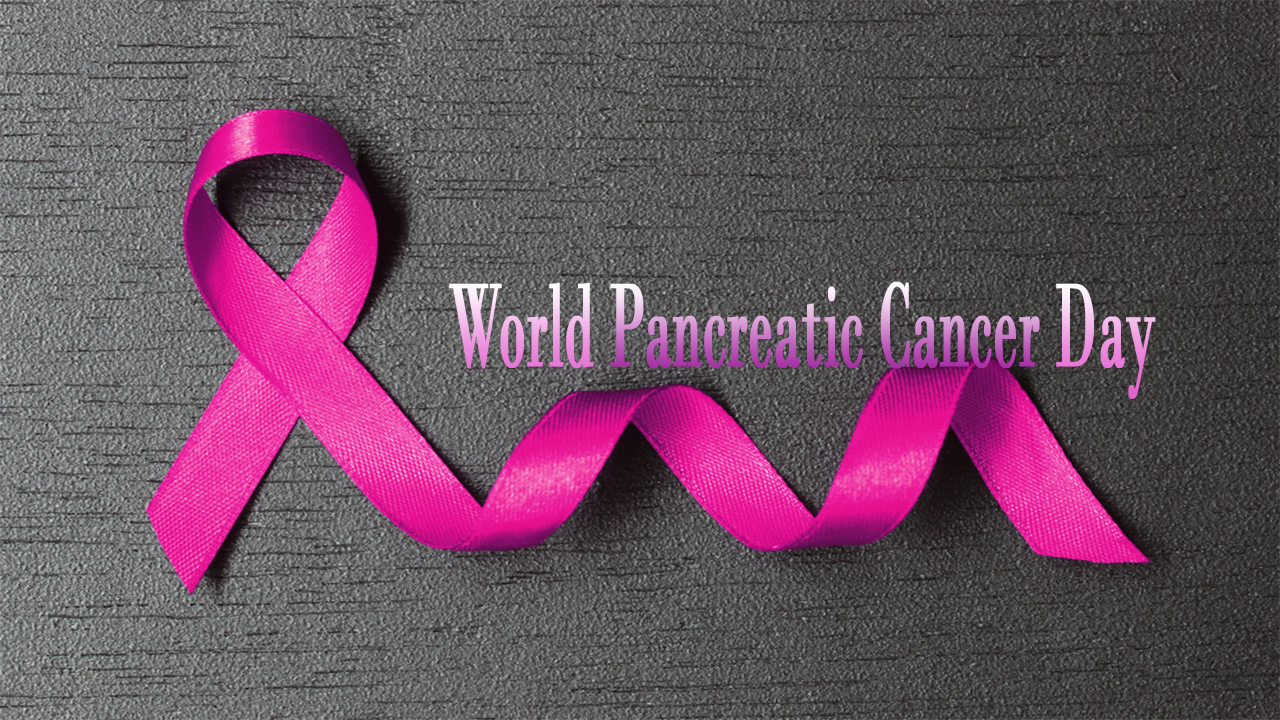Pancreatic cancer frequently develops and spreads quietly before it's found. Thus, most instances of pancreatic cancer are hard to treat.
Risk Factors of Pancreatic Cancer
The harsh reality is that anybody can get pancreatic cancer growth. Though a couple of risk factors for pancreatic cancer have been distinguished, yet numerous individuals who get pancreatic cancer can have no risk factors.
- Cigarette smoking is one controllable risk factor for pancreatic cancer growth. Individuals who smoke are about twice as liable to get pancreatic disease as are nonsmokers.
- If one stops smoking, the risk for pancreatic cancer consistently falls, at last tumbling to a similar risk as a nonsmoker following 10 to15 years.
- Researchers have highlighted that obesity as potential risk factors for pancreatic cancer.
- Individuals who exercise consistently have about half the risk of pancreatic disease as sedentary individuals.
- Different factors, for example, espresso and liquor utilization and utilization of ibuprofen and NSAIDs have not been reliably appeared to increment (or lessening) the risk of pancreatic cancer growth.
Foods which might lead to Pancreatic Cancer
Various examinations have attempted to recognize which nourishments, add to developing the pancreatic disease. The outcomes don't permit any firm ends:
- An eating routine, high in fat and smoked or other processed meats, has been related with pancreatic cancer in a few yet not all examinations.
- A sound eating routine of healthy fruits and vegetables appeared to ensure against pancreatic cancer in a few however not all investigations.
- In tests, guinea pigs fed a high-protein, high-fat eating routine were reliably found to develop the pancreatic disease.
How Pancreatic Cancer Challenges Your Digestive System
Pancreatic cancer growth is such an unforgiving sickness with a low endurance rate. Certain healthful issues are one of a kind to pancreatic cancer growth paying little heed to treatment, including loss of appetite, pain during and after dinners, the need to supplement lost pancreatic enzymes, and digestive upsets, for example, nausea, vomiting, bloating, heartburn, diarrhea, and constipation on the grounds that the pancreas assists break down of food for energy. There are a ton of intestinal associations with the pancreas, and when those associations are disturbed, it will affect your eating.
So clearly, loss of appetite and trouble holding food down will prompt weight reduction. Hence the patients should maintain cooperation between guardians, and medical care suppliers so as to stop or counterbalance a large number of these issues.
Tips to follow
- Work with a dietitian. An individualized methodology from an expert can help figure out what dietary changes turn out best for your stomach related framework.
- Eat little, successive suppers. Six to eight suppers and snacks every day, divided two or three hours separated, appear to function admirably for some patients.
- Love your fluids. Focus on eight 8-ounce glasses of water or different refreshments day by day, to support absorption and diminish weakness and queasiness. Drinks thick in calories, for example, smoothies, can help keep your weight up.
- Watch your fats. Eating fats can assist you with keeping up your weight. Pancreatic disease patients normally best with healthy fats, for example, olive oil, avocados, nuts, and seeds. Dodge oily, fried, and substantial nourishments.
- Limit raw fruits and vegetables which have a lot of fiber as they can prompt loose bowels, where undigested food goes through the framework in practically no time.
- Take pancreatic enzymes with suppers Frequent cramping, bloating, and gas can flag pancreatic enzyme deficiency, a condition especially pertinent to patients who go through Whipple medical procedure to eliminate part of the pancreas. Specialists can endorse chemical enhancements to assist you with processing fat, protein, and starches.
- Keep a food diary - Guardians can help with. You can likewise utilize the journal to record your weight, the measure of pancreatic chemicals you take, and the recurrence and consistency of your defecations.
Diet alone can't demonstrate to change your risk for pancreatic cancer growth. An eating regimen wealthy in fruits and vegetables, lean meats with some restraint, is the best eating routine for in general wellbeing alongside working out, keeping a sound weight, and not smoking ought to lessen the risk of creating pancreatic cancer growth.

 Pancreatic cancer growth is such an unforgiving sickness with a low endurance rate.
Pancreatic cancer growth is such an unforgiving sickness with a low endurance rate.










.jpeg)

.jpeg)










.jpg)




.jpg)

